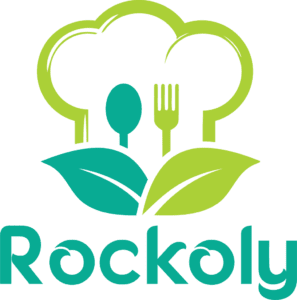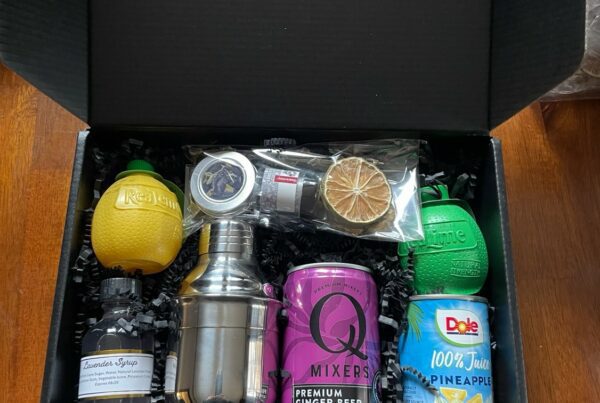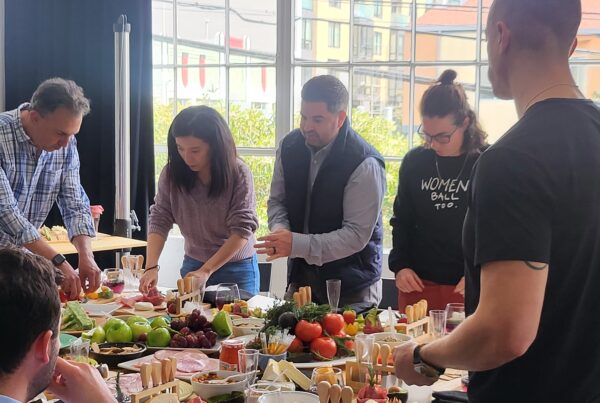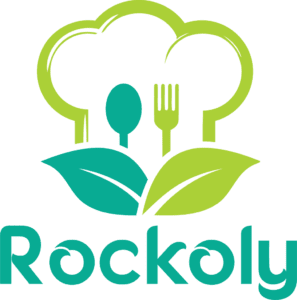Introduction to Conflict Resolution Team Building
In the modern workplace, fostering a culture of effective communication and collaboration is paramount. Conflict resolution team building emerges as a pivotal strategy to navigate workplace disagreements constructively, ensuring teams remain cohesive and productive. Among the innovative approaches to this challenge, culinary workshops and mixology classes stand out for their unique ability to blend fun with fundamental conflict resolution skills. Let’s delve into how these engaging activities can serve as powerful tools in your conflict management toolkit.
The Essence of Conflict Resolution in Teams
Conflict in teams is inevitable but not inherently negative. Managed well, it can lead to growth, innovation, and stronger relationships. The key lies in understanding the underlying causes of conflict and adopting strategies that promote open communication, empathy, and mutual respect. This article explores the role of team building in achieving these goals, with a special focus on the reinforcement value of cooking workshops and mixology classes.
5 Effective Ways to Avoid Conflict Escalation
- Active Listening: Encourage team members to fully listen to each other’s perspectives without interrupting. Understanding all viewpoints can prevent misunderstandings that often lead to escalated conflicts.
- Avoid Jumping to Conclusions and Making Assumptions: Encourage a culture of inquiry over assumption. Misinterpretations can lead to unnecessary conflict; asking clarifying questions and seeking to understand before reacting is key.
- Express Feelings Thoughtfully: Teach employees to express their emotions and concerns in a respectful and constructive manner. Using “I” statements helps in taking responsibility for one’s feelings and reduces defensive reactions from others.
- Seek Common Ground: Remind coworkers to focus on what they agree on, not just their differences. Identifying shared goals or values can serve as a foundation for resolving disputes.
- Implement a Conflict Resolution Protocol: Establish a clear, step-by-step process for addressing and resolving conflicts. This should include mediation by a neutral third party if necessary, encouraging a structured approach to dispute resolution.
 Conflict Resolution Team Building Through Murder Mystery
Conflict Resolution Team Building Through Murder Mystery
Murder mystery games serve as an unconventional yet effective platform for enhancing key workplace skills like active listening and avoiding premature conclusions and assumptions. In the intricate web of storytelling and clue-gathering that defines these games, participants are required to pay close attention to detail, interpreting nuanced information and differentiating between fact and fiction. This environment naturally cultivates active listening, as missing out on critical information could lead to incorrect accusations and conclusions. Simultaneously, these games challenge players to avoid jumping to conclusions based on incomplete evidence or biases, promoting a mindset that values thorough investigation and consideration of all perspectives. This mirrors the workplace necessity of gathering all relevant facts and listening to all sides before making decisions, effectively demonstrating how fun and engagement can translate into vital professional development.
Cooking Workshops: A Recipe for Team Harmony
Cooking together is more than just a means to a delicious end. It’s a metaphor for collaboration, requiring clear communication, role distribution, and adaptability — all crucial elements in conflict resolution. In a cooking workshop, team members navigate through recipes, face unexpected challenges, and work towards a common goal, mirroring the dynamics of a workplace project. The shared experience of creating and enjoying a meal reinforces bonds and opens avenues for dialogue, making it a perfect backdrop for addressing and resolving conflicts.
Mixology: Blending Creativity with Communication
Similarly, mixology classes offer a unique platform for teams to engage in creative collaboration. Crafting cocktails demands precision, creativity, and an understanding of how different components come together to create something new and delightful. As team members experiment with flavors and techniques, they learn the value of listening, sharing ideas, and adjusting plans — all transferable skills that enhance conflict resolution abilities. The relaxed, informal setting encourages open conversations, helping team members to express concerns and find common ground.
Implementing Effective Conflict Resolution Strategies
Building on the foundation laid by engaging team activities, it’s crucial to implement structured conflict resolution strategies. This section will provide actionable tips and techniques for applying the lessons learned in cooking and mixology workshops to everyday team interactions. Emphasis will be placed on active listening, empathy, and creating a culture where feedback is valued and conflicts are seen as opportunities for growth.
Measuring the Impact of Conflict Resolution Activities
To truly appreciate the value of these team-building activities, one must look at the tangible improvements in team dynamics and conflict management. This part of the article will discuss methods for assessing the effectiveness of cooking workshops and mixology classes in enhancing conflict resolution skills. Testimonials, feedback surveys, and changes in team productivity and morale will serve as indicators of success.
For Dessert: A Lasting Taste of Team Unity
In conclusion, the journey through conflict resolution team building, accentuated with the unique flavors of cooking workshops and mixology classes, offers teams a pathway to enhanced communication, stronger relationships, and a more harmonious workplace. By embracing these activities, organizations can cultivate an environment where conflicts are navigated with grace and creativity, leading to a more cohesive and resilient team.


 Conflict Resolution Team Building Through
Conflict Resolution Team Building Through 





